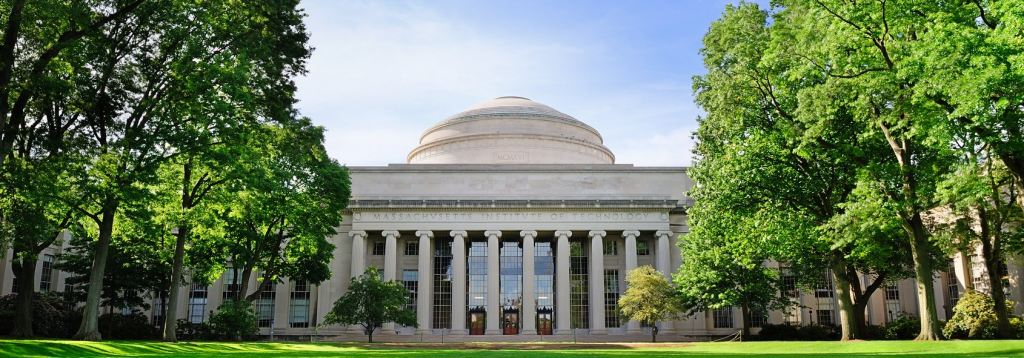School reevaluates awarding college credit for high school courses
Students take Advanced Placement (AP) courses throughout high school, in a variety of subjects, for many different reasons. AP courses can positively weight a student’s GPA, are challenging and are viewed favorably by college admissions counselors on transcripts, and they offer a student with a particular academic curiosity more knowledge and work in that interest. Additionally, most colleges award students who have earned a particular score on the AP exam, usually a 4 or 5, college credit or exemption from core requirements. Gaining credit before enrolling in college courses can lighten students’ workloads, give them the option of graduating early, and may save them money on tuition.
Some schools, however, choose not to recognize AP exam scores or International Baccalaureate (IB) exams for college course credit. Boston College, for instance, does not award students with actual course credit, and instead allows exemption from pre-requisite or core courses. Most recently, Dartmouth College announced it will no longer be accepting AP courses towards university credit starting with the Class of 2018.
School officials at Dartmouth argue that while AP courses taught in a high school setting are rigorous, they do not translate to the difficult material and workload in a college-level course. Chair of Dartmouth’s Committee on Instruction, Hakan Tell, said in a statement faculty are, “concerned that the academic rigor of our own programs was being diluted.” While this may be accurate, some students may find this new policy disruptive to their college plans.
Many students may be wondering how this change will affect their college course load and cost. After all, AP and IB exams allow students to earn a large amount of college course credit for little or no money during high school, an appealing path for families hoping to save money when paying for college.
Dartmouth students can still earn exemption from certain introductory level courses using AP test scores and IB exams, and the university outlines a way for students to still graduate early when AP credit is no longer an option. By eliminating semester-long internships and programs away from campus, students can cut-down their time in school, but students do not necessarily want to forfeit those experiences.
Dartmouth’s decision was propelled by a study conducted on campus that tested a sample of former AP Psychology students. They were each given an introductory college-level exam, and school officials found that despite having scored well on the AP Psychology exam, they performed poorly on an exam with college material. Incidentally, in introductory psychology courses offered, students who took AP Psychology did not necessarily earn a higher grade than their classmates new to the subject. Ultimately, Dartmouth officials passed their new policy with an “overwhelming majority” of votes, said Tell.
While this study may not apply to all AP students and measure their preparedness for college courses, Dartmouth officials are confident that this approach will ensure students are learning at a college level and will graduate with a plethora of high caliber courses under their belts. Current students have mixed feelings about the impending change, many knowing their AP and IB credit helped them graduate early and save money.
Whether more colleges will follow and join schools adopting this policy and philosophy is difficult to determine now, but schools will have to re-assess the significance of AP and IB credit for prospective applicants.
What do you think of Dartmouth’s decision? Tell us in our comment section!




